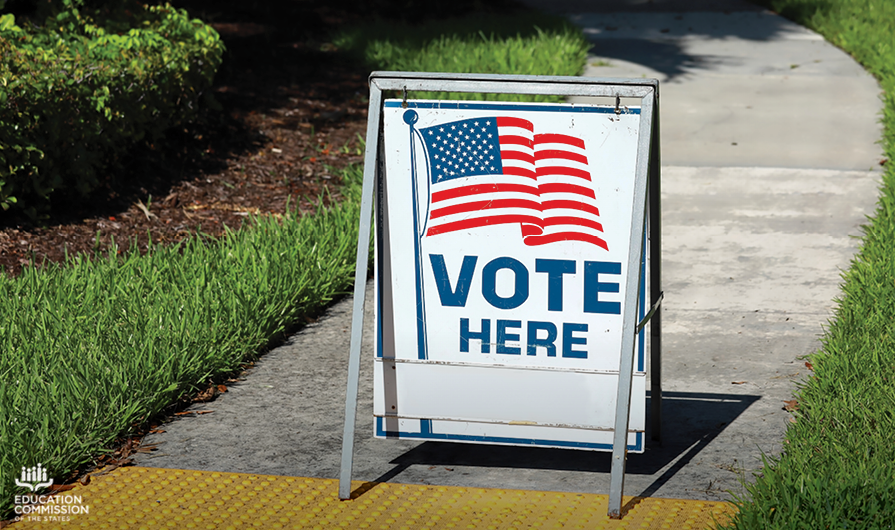In response to evidence from federal pilot programs in the last five years and increasing awareness about significant justice issues associated with incarceration, lawmakers recently ended a nearly three decade ban on Pell Grant receipt for students impacted by the justice system. Soon, students in correctional facilities will be eligible to receive federal Pell Grants, the U.S. Department of Education’s hallmark grant program for higher education students with financial need. In addition to Pell Grants, many students with financial need also rely on a portion of the $12 billion in financial aid that states distribute each year. So, what does the federal change mean for state aid programs?
In January 2020, Education Commission of the States examined state support for students impacted by the justice system in a 50-State Comparison of policies for the 100 largest state aid programs across the country and a one-page Policy Outline.
We found that states take three main approaches to eligibility:
- Mirror Pell Grant policy: Nineteen state aid programs link their eligibility directly to Pell Grants, which means that the federal policy change will likely lead to the next domino dropping at the state level automatically. State leaders may choose to leave these policies as they are, which could potentially expand the rolls of eligible students for state aid. State leaders may also choose to enact laws and/or regulations aimed at limiting student eligibility for state programs.
- No existing limitations: Seventeen states, plus the District of Columbia and Puerto Rico, do not place limitations on eligibility in either of their two largest aid programs. This means that, at least within the financial aid policy itself, students who are incarcerated are not explicitly excluded. This change does not erase barriers that may still be in place that preclude students’ ability to access aid programs while incarcerated, such as access to higher education programs in prisons generally.
- Specific limitations: In at least 54 of the 100 largest financial aid programs across the country, students are still ineligible for state financial aid, even after this federal policy change. This is because the state law and/or regulation contains specific language about students who are incarcerated, have a past criminal conviction or certain drug-related convictions. If states seek to mirror federal policy development in this area, new laws and/or regulations will need to be enacted.
While leaders in all states could certainly choose to contend with this change in federal policy, states with programs that mirror federal policy find themselves uniquely positioned to decide how to leverage continuity with federal policy with their own states’ values and priorities. It is still early in the 2021 state legislative sessions; to date, Education Commission of the States has not located any state legislation seeking to change their policies in this area. As we do, these policies will be tracked in our state policy tracking map. If you are interested in how your state’s financial aid programs can address this issue, please do not hesitate to request assistance.















